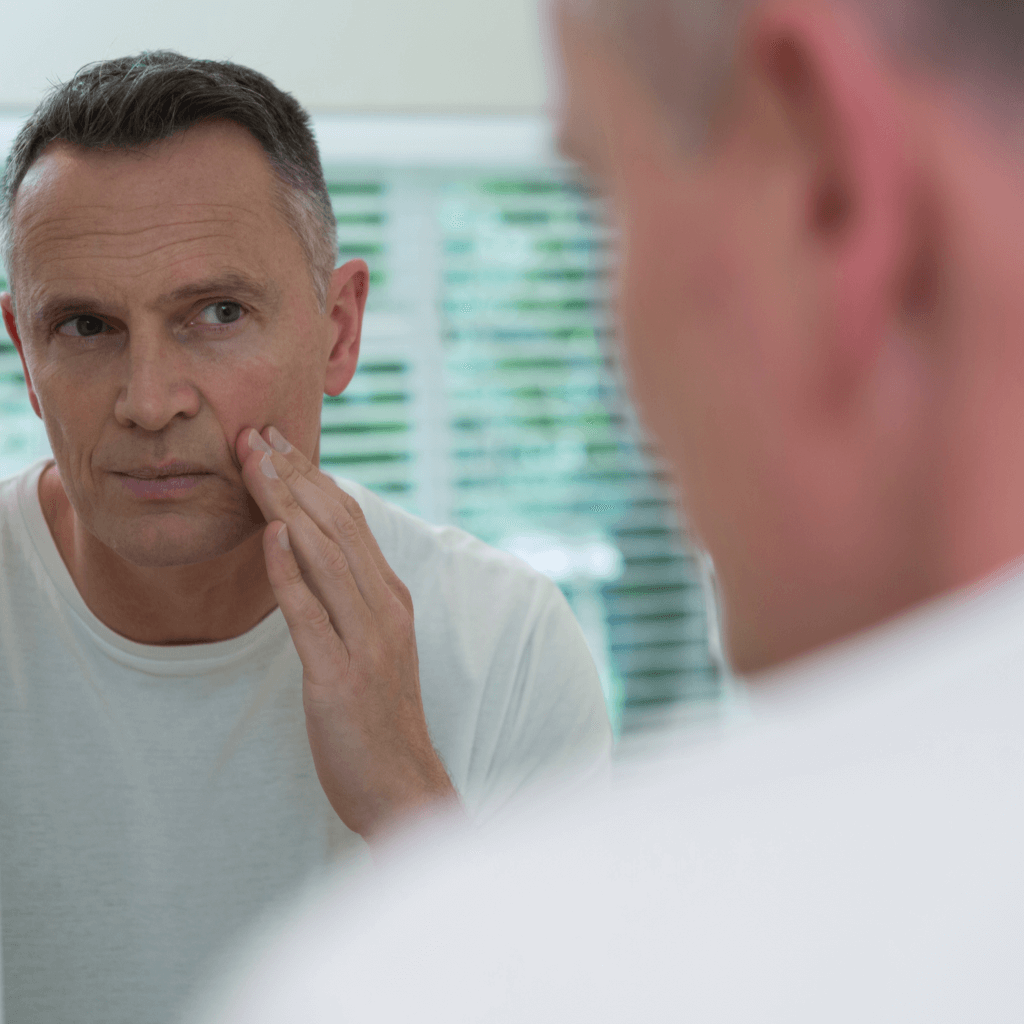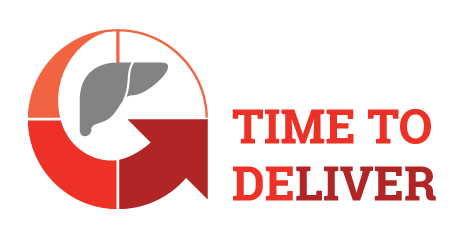Cirrhosis doesn’t just affect the liver; it also has an effect on blood circulation. Here, you can read why varicose veins (‘varices’) and changes to normal blood flow routes around the liver (‘portosystemic shunts’) can develop with cirrhosis, and why this can be dangerous in some situations.1
What are varices, and why do they bleed?
In cirrhosis, the liver tissue can be so scarred that the blood cannot flow freely through it. Instead, it accumulates and causes increased pressure in the vein that flows into the liver (the portal vein). Doctors call this condition portal hypertension. As the pressure increases, the blood will look for new routes around the liver, which may result in new blood vessel networks. If the pressure is very high, the veins can turn into varicose veins, which are much larger. This causes the blood to accumulate inside them even more.2
Varicose veins in the esophagus are what doctors call esophageal varices. Because varices have very thin walls, they can burst or tear under the pressure, causing bleeding.2 This leads to what is known as variceal bleeding. A physician can easily identify varices with a camera test, also known as an endoscopy.2,3 If varices are found early, they can be treated to minimize the risk of a bleed happening in the future.3
What are the symptoms of variceal bleeding?
Varices are not visible from outside the body, and usually don’t show clear symptoms. Therefore, you and your relatives may not realize you have them.4
If you answer yes to any of the questions below, you need to see a doctor as soon as possible.
- Is your stool dark, or do you have blood in your stool?/li>
- Are you vomiting blood?
- Is your skin pale?
- Do you have fatigue?4
If you have cirrhosis, these symptoms may indicate variceal bleeding. Variceal bleeding is a medical emergency that you should take very seriously.5 People with cirrhosis should talk to family, friends and acquaintances about the disease and the possible complications to make sure that everyone involved knows what to do in an emergency. Symptoms of shock, such as fast and shallow breathing, cold and damp skin, a weak pulse, dizziness or fainting can also occur with variceal bleeding. It is important to be aware of these signs, and react quickly should they arise.5
What is the treatment for variceal bleeding?
If your doctor has discovered large varices during an endoscopy, they may prescribe medications that can lower the blood pressure in the varices.6
Should bleeding occur, it must be stopped as quickly as possible. This is why it is incredibly important to call for medical assistance as soon as possible if the signs of bleeding varices are noticed. Bleeding varices may be treated in a number of different ways. For example, your physician may put a band around the damaged blood vessel to stop the bleeding. Alternatively, they may insert a tube or “shunt” to redirect blood flow, and reduce pressure in the varices.7
To prevent a serious variceal bleed from happening, it is important to have a regular check-ups with your doctor. Regular monitoring can help you avoid complications from cirrhosis.8

Varices are not visible from outside the body, and usually don’t show clear symptoms.
Additional Information
References:
- Nardelli, S; Riggio, O; Gioia, S; Puzzono, M; Pelle, G; Ridola, L. World J Gastroenterol. 2020 Apr 21; 26(15): 1726–1732.
- Tholey, D. MSD Manual. Portal Hypertension. Available at: https://www.msdmanuals.com/home/liver-and-gallbladder-disorders/manifestations-of-liver-disease/portal-hypertension#. Last accessed: October 2020
- Mayo Clinic Staff. Mayo Clinic. Esophageal varices. Available at: https://www.mayoclinic.org/diseases-conditions/esophageal-varices/diagnosis-treatment/drc-20351544#. Last accessed: October 2020
- Sissons, C and Sethi, S. Medical News Today. Everything you need to know about esophageal varices. Available at: https://www.medicalnewstoday.com/articles/esophageal-varices#summary. Last accessed: October 2020
- Cleveland Clinic Staff. Cleveland Clinic. Esophageal Varices. Available at: https://my.clevelandclinic.org/health/diseases/15429-esophageal-varices. Last accessed: October 2020
- Runyon, B. UpToDate. Patient Education: Esophageal varices (Beyond the Basics). Available at: https://www.uptodate.com/contents/esophageal-varices-beyond-the-basics. Last accessed October 2020
- Cleveland Clinic Staff. Cleveland Clinic. Esophageal Varices: Management and Treatment. Available at: https://my.clevelandclinic.org/health/diseases/15429-esophageal-varices/management-and-treatment. Last accessed: October 2020
- Jakab, SS; Garcia-Tsao, G. Screening and Surveillance of Varices in Patients with Cirrhosis. Clin Gastroenterol Hepatol. 2019 Jan; 17(1): 26–29.
May 2021. GL-HEP-XIF-2000181




